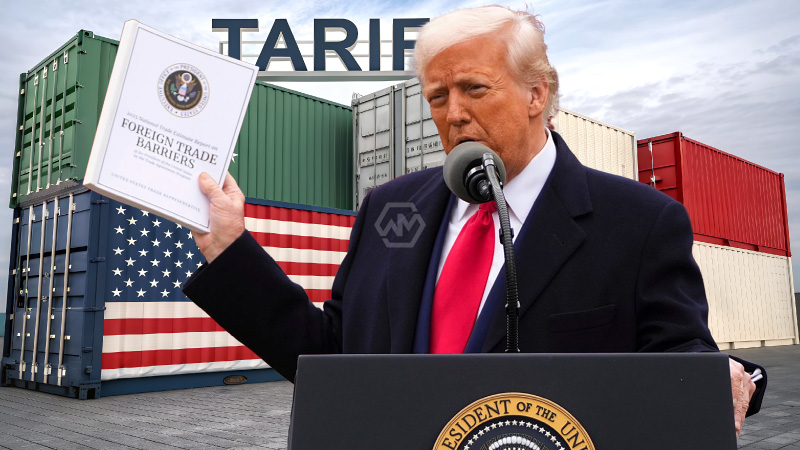- Federal courts strike down Trump’s use of emergency powers to impose sweeping tariffs.
- His broader executive efforts face constitutional and institutional limits.
- Elon Musk departs from DOGE, citing concerns over Trump’s spending priorities.
Donald Trump’s sweeping trade initiatives have once again been blocked by legal rulings, with the U.S. Court of International Trade rejecting his justification for tariffs under a 1977 law.
Adding to the political turbulence, Elon Musk resigned from his post at the Department of Government Efficiency (DOGE), criticizing Trump’s approval of a massive spending bill.
Trump’s Power Push Faces Legal Walls, as Musk Quits Over Spending Disputes
President Trump’s latest attempt to reshape trade policy through executive action has hit a constitutional wall. A federal court ruled that his sweeping tariffs lacked legal grounding, calling the use of emergency powers an overreach. This decision, paired with other legal barriers to his agenda, underscores a recurring clash between Trump’s methods and institutional checks.
The judicial pushback is part of a larger pattern, as courts have also halted Trump’s attempts to restructure immigration policy, shrink the federal workforce, and enforce costly tax cuts. The common thread is Trump’s tendency to bypass legislative input, instead relying on executive declarations that often lack durability under legal scrutiny.
Meanwhile, Trump’s ambitious spending agenda has driven a wedge between him and former ally Elon Musk. Musk criticized the recent spending bill, which inflates the deficit and contradicts the mission of DOGE. His resignation signals deeper discontent within Trump’s inner circle about the administration’s ability to practice the fiscal discipline it preaches.
Despite these hurdles, Trump remains defiant. He has promised to challenge the court’s decision and maintain the tariffs under other legal frameworks. Still, experts warn that ignoring judicial limits could spiral into a constitutional crisis, as Trump tests the boundaries of presidential power amid mounting political and legal pressure.
As Trump doubles down on his vision of presidential authority, he must now confront not only opposition from courts and Congress but fractures within his own ranks, revealing the complex balancing act between ambition, legality, and governance.
“The president is trying to achieve his goals outside normal legal processes… The courts are simply saying no.” – Julian Zelizer, Princeton University



